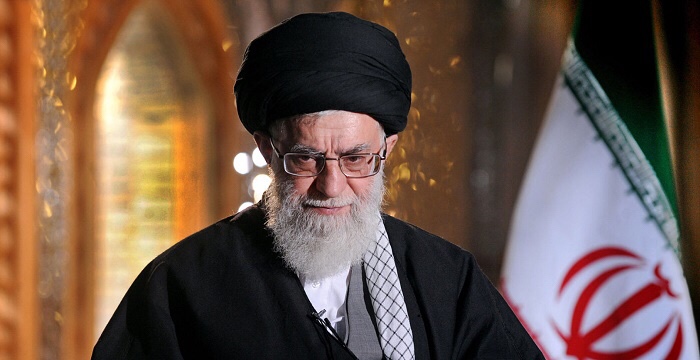 Khamenei Advisor Says Iran Should Build A Coalition Against The U.S.
Khamenei Advisor Says Iran Should Build A Coalition Against The U.S.Radio Farda
A senior military advisor to Iran’s Supreme Leader ayatollah Ali Khamenei expressed concern on Wednesday over the presence of the United States in Syria and said that Iran would like to build its own alliances against the U.S.
According to Iranian Students’ News Agency, ISNA, Yahya Rahim Safavi also said that Pakistan and Iraq would be possible choices for such an alliance.
In a television interview, Khamenei’s senior advisor characterized the U.S. intention of building a 30,000-strong border force in Syria as a “new problem”.
On January 14, the U.S. coalition announced its plans to form a border guard in northern Syria, made up of mainly Kurdish YPG units. Later, U.S. Secretary of State Rex Tillerson on January 17 announced that the U.S. will continue its military presence in Syria to prevent the return of the Islamic State group.
This in turn angered Turkey, which has sent its army into Syria to push back the U.S. allied forces.
Rahin Safavi, characterizing the expansion of the U.S. backed force as a new development in offing, said that “We should be able to counter tension and terrorism by moving towards a coalition with Pakistan and Iraq”.
For a long time, Iran has been building a military infrastructure in Iraq, by financing, training and arming Shiite militias. Mr. Rahim Safavi says that there are 20 Hashd al-Shaabi militia brigades available in Iraq.
What is new in his remarks is mention of Pakistan as a potential military partner of the Islamic Republic.
U.S. Pakistani relations have taken a turn for the worse in January, as President Donald Trump called Islamabad an unreliable partner in a tweet.
The idea of an alliance with Pakistan has been posed two months after a historic trip by the chief of Pakistani army, General Qamar Javed Bajwa to Iran.
During his visit, Gen. Bajwa said that Pakistan wanted expansion of its military and defense cooperation with Tehran. He has also met three times in recent months with the Iranian ambassador to Islamabad, according to ISNA.
No comments:
Post a Comment